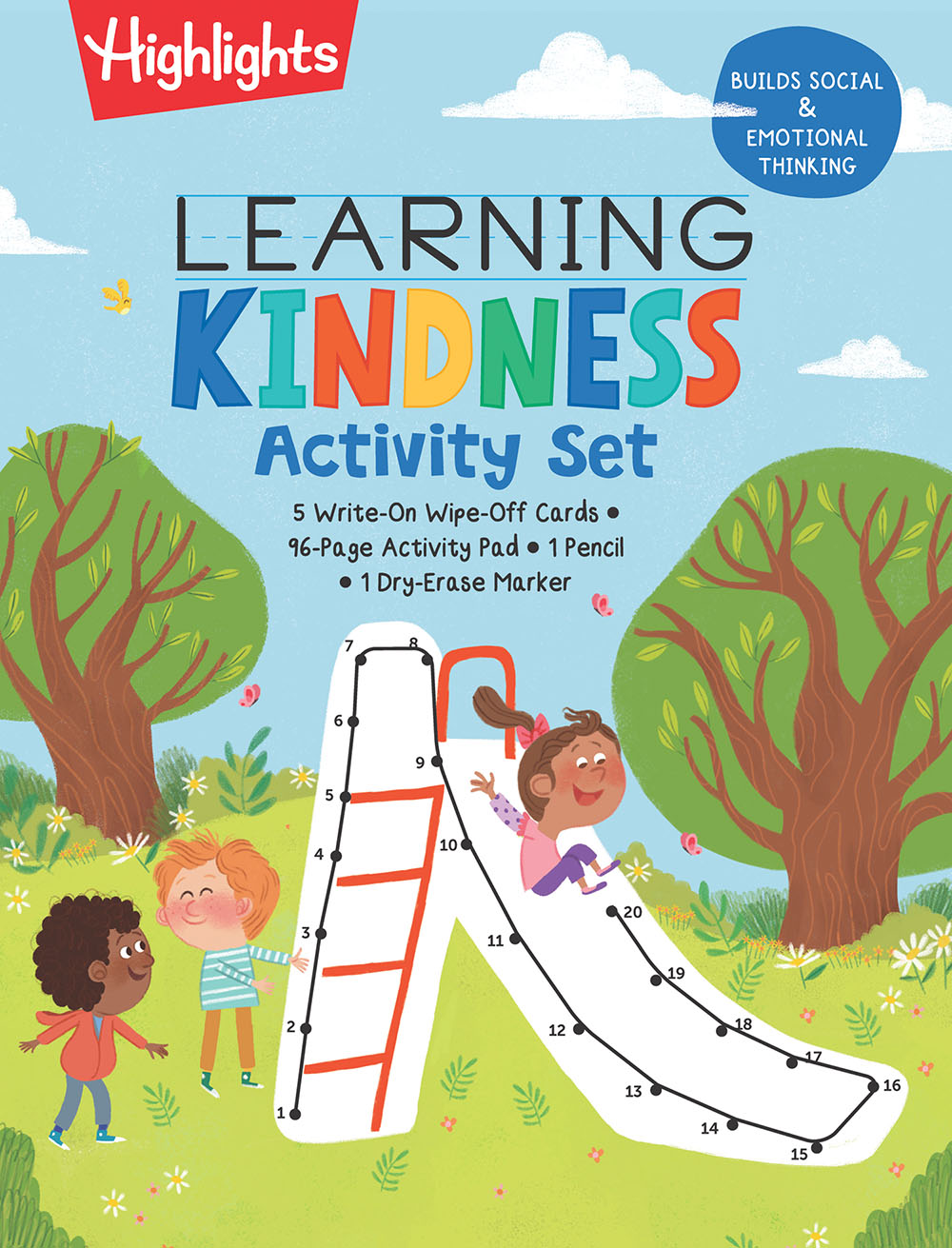Gone are the days of “free play” when 4- and 5-years-old were allowed to ride their bicycles along suburban streets or play hide and seek in a patch of woods near home. Because the world is a different place than it was 20 years ago, many parents today restrict childhood social interaction to play dates.
“People who had kids prior to 1989 or 1990 still raised their kids with more free play,” says Michell Muldoon, a Malvern, PA play date expert. “What happened is technology and cable television came about and started providing massive amounts of programming targeted toward creating virtual play, more women went back to work after having children, and the media also made us terrified to leave our children unsupervised.”
For these reasons, the words “play date” are regularly used in most parents’ vocabulary today. However, unlike Emily Post’s guidelines for proper wedding planning, there isn’t any one set of standard rules about how play dates should be conducted. In addition, any rules you might develop on your own often change as your child gets older.
“Play dates are very important in terms of having kids develop social skills with each other,” says Kerstin Potter, director of the Early Childhood Education Program at Harcum College in Bryn Mawr, PA. “Entering into a play date is entering into a relationship. You are going to be structuring your child’s activities and safety around a relationship with another adult. This is uncharted ground, so you need to develop rules with a particular person.”
Getting Started
Experts agree that parents need to be proactive in initiating play date opportunities for their child. “If you’re not proactive, then it’s likely your child will not be as social as you would like him or her to be,” says Barbara Pachter, a Cherry Hill, NJ-based author of several etiquette books, including When The Little Things Count, And They Always Do, (Marlowe & Co., $12.95). “You need to put yourself out there, go to Gymboree and your church or synagogue, or look in the newspaper to find playgroups.”
In addition, it’s important to begin play dates early in your child’s life. Initially, before your child is four years old, you might not feel comfortable leaving her in a strange person’s care. At this stage, play dates become social occasions for the parents as well as the children.
But as your child gets older, you don’t necessarily need to accompany him or her on a play date. “Agree with the other mother before a play date about whether you will be staying to visit or taking off to get some errands done,” suggests Stacy DeBroff, author of The Mom Book, 4,278 Tips from Moms for Moms (Simon & Schuster, $19.95), and founder of www.momcentral.com.
“Staying for the first couple of play dates will help both you and your child feel more comfortable, but arranging to alternately watch the children for future dates allows you and the other mother a chance to get some things done kid-free.”
A good way to embark on your child’s play date journey is to host the first meeting at your house. “This is a good idea if it will increase your child’s comfort level and allow you to discretely observe how well the children play together, as well as what they decide to spend their time doing,” says DeBroff. Another way to ease concerns about play dates is to try to organize them with other mothers you know from the neighborhood, school or daycare, she says.
Making Rules
To get to the stage where your child will attend a play date under the supervision of another parent, you must first make sure you’re happy with the environment created in that person’s home. “The first time you drop your child off for a play date at someone’s house, you really want to meet them and talk to them,” says DeBroff. “Go in and see how you feel, and how your child feels before you leave him there.”
Meanwhile, it’s a good rule of thumb to address certain issues, such as “house rules,” with another parent before a play date begins. “Talk about the rules in your house and in those of the play date’s house before you agree to let your child visit or you take another child into your home,” says DeBroff. “Make sure that there are no large points on which you disagree that might lead to conflict.”
Because there are no rules for these social interactions, you must establish guidelines with new parents you encounter in a play date situation. “You have to establish new rules with each new person. You have to be clear on your expectations, and you shouldn’t make any assumptions,” says Potter.
Remember to mention special concerns with dietary issues or specific needs of your child to the attending play date parent. “If your child has allergies, you need to tell another parent what he or she is allergic to,” says Muldoon.
Dealing With Conflict
To properly deal with conflict or situations that may arise between the children on a play date, be clear with the supervising parent about what constitutes ending the meeting early or when to contact you about a situation.
“When my son was five, he went over to play with this other kid, and the kid bit him. The mom didn’t want the kid to think by biting my son, the play date would be over,” DeBroff recalls. “But I felt that if he had bit my son, I wanted a phone call. You need to say, ‘If my child starts crying, give me a call.’”
Many parents will find themselves faced with a dilemma if they aren’t totally comfortable leaving their child with another person due to differences in parenting techniques. In this case, consider a neutral location, like a public park or playground, for a first meeting.
“This way you can see how the parent is interacting with her child, and how your child is getting along with the other child. It will give you a better sense of if you will be comfortable leaving your child in the future for a play date,” says DeBroff.
An advantage of conducting a play date at a neutral location is to give “a very overburdened mom, a needed break,” says Muldoon. “Maybe the other mom might say I’ll keep an eye on your child, and you can go for a walk or read a book. Then next time we can switch.”
And there is no limit on when or how many play dates your child should have. “Parents should schedule play dates frequently,” says Muldoon. “Children should have at least an hour of play per day.”
Tracey Porpora is a freelance writer.





